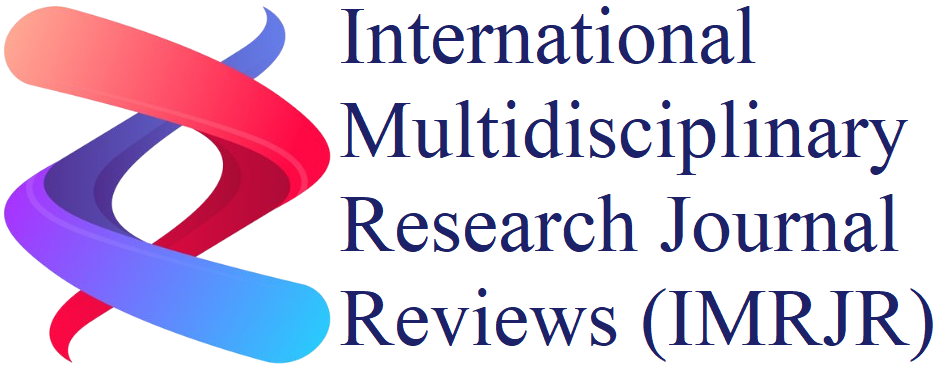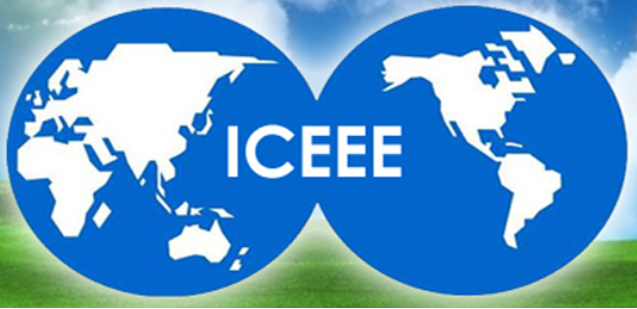International Multidisciplinary Research Journal Reviews (IMRJR) is committed to upholding the highest standards of publication ethics. Authors, editors, and reviewers are expected to comply with the following ethical guidelines:
For Authors:
- Originality and Plagiarism: Authors must ensure that their work is entirely original and properly acknowledge the work and ideas of others. Plagiarism in all its forms constitutes unethical publishing behavior and is not acceptable.
- Authorship: All authors should have made significant contributions to the research and agree to be listed as authors. Any individuals who have contributed to the study but do not meet the criteria for authorship should be acknowledged in the acknowledgments section.
- Data Access and Retention: Authors may be asked to provide the raw data of their study for editorial review and public access, if feasible. They should be prepared to retain such data for a reasonable period after publication.
- Conflicts of Interest: Authors must disclose all financial and non-financial conflicts of interest that could be perceived to influence the results or interpretation of their manuscript. This includes relationships with any organization or entity that has an interest in the work.
- Ethical Approval: For studies involving humans or animals, authors must provide a statement that the study was approved by the relevant institutional ethics committee or review board, and that informed consent was obtained from participants.
For Editors:
- Fair Review Process: Editors are responsible for ensuring a fair and unbiased peer-review process. They should evaluate manuscripts based on their academic merit, relevance, and contribution to the field, regardless of the authors’ race, gender, sexual orientation, ethnicity, or political views.
- Confidentiality: Editors and editorial staff must maintain the confidentiality of submitted manuscripts and not disclose any information about a submitted manuscript to anyone other than the corresponding author, reviewers, and the publisher.
- Disclosure and Conflicts of Interest: Editors should recuse themselves from handling manuscripts in which they have conflicts of interest resulting from competitive, collaborative, or other relationships or connections with any of the authors, companies, or institutions connected to the papers.
For Reviewers:
- Objectivity and Impartiality: Reviewers should conduct reviews objectively and provide constructive feedback to improve the quality of the manuscript. Personal criticism of the author is inappropriate.
- Confidentiality: Reviewers should treat manuscripts confidentially and not share or discuss their content with others without permission from the journal.
- Disclosure of Conflicts of Interest: Reviewers should disclose any potential conflicts of interest that may influence their judgment of the manuscript and should not accept to review manuscripts in which they have conflicts of interest.
Handling Misconduct:
If any ethical concerns are raised regarding a submitted manuscript or published paper, IMRJR will follow ethical guidelines on how to handle suspected cases of misconduct, including plagiarism, data falsification, and unethical research practices. Appropriate measures will be taken based on the severity and nature of the misconduct.
By adhering to these publication ethics guidelines, IMRJR aims to maintain the integrity of the scientific record and ensure that published research contributes positively to the advancement of knowledge in our multidisciplinary community.

